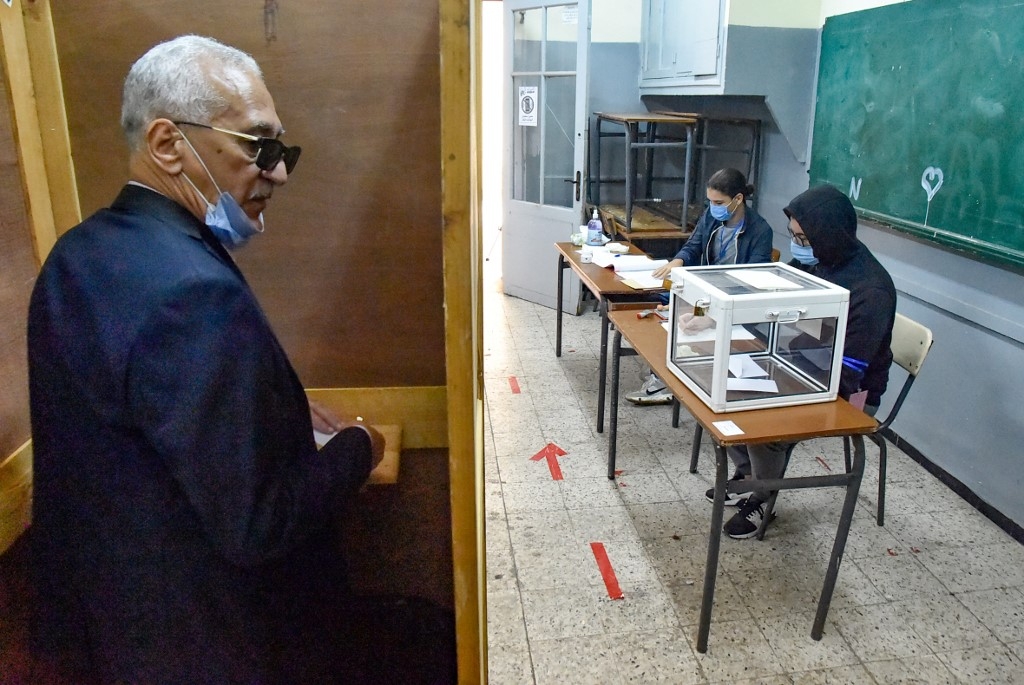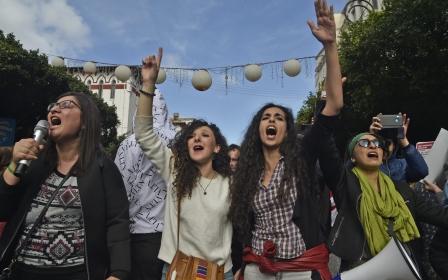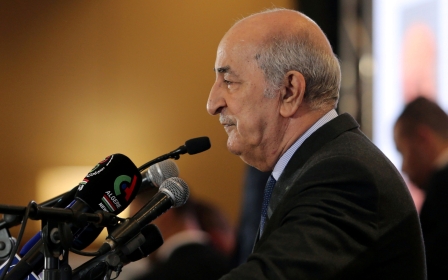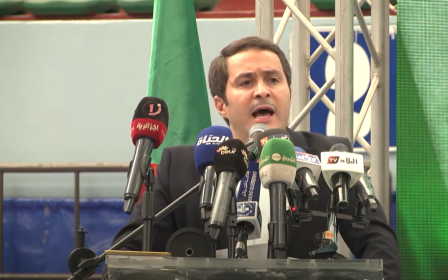Algerian government hopes for constitution change but protest movement boycotts vote

Algeria is holding a vote on constitutional changes its rulers hope will appease the protest movement that ousted former president Abdelaziz Bouteflika but which are facing a cold reception on the streets.
Bouteflika's successor, Abdelmadjid Tebboune, claims the new document meets the demands of the Hirak movement, which staged almost weekly rallies until the coronavirus pandemic broke out.
The revised constitution is expected to pass, but there are questions over how many people will vote in the referendum.
The Hirak movement itself has rejected the document "in substance and form," calling it a "change of facade" and urging voters to boycott the poll.
The government has campaigned for the changes, and state media showed a busy polling station in Mila, an area that has had state support after a recent earthquake, but voting was much quieter in other areas, Reuters reported.
Tebboune said on Saturday that Algerians will once again "have a rendezvous with history" to bring in a "new era capable of fulfilling the hopes of the nation and the aspirations of our people for a strong, modern and democratic state".
The 74-year-old, currently hospitalised in Germany, was elected in December 2019 in a vote the Hirak movement had also urged be boycotted and had an official turnout of only 40 percent.
Though he has struck a reconciliatory tone in talking about the movement, there has been a campaign of arrests against pro-Hirak activists, bloggers and journalists, with around 90 at present behind bars, according to the CNLD, a prisoners' support group.
The authorities have prevented opponents of the referendum from campaigning and holding meetings in public spaces.
This clampdown contradicted earlier assurances from the president of the National Independent Authority for Elections, Mohamed Charfi, that anyone would be free to campaign, regardless of their position.
Despite the government's insistence that the document meets the Hirak's demands, it has been rejected by many, who say it does not address core concerns about the existing ruling elite, the influence of the military and corruption.
"The drafting and consultation process was highly controlled by the state," said Zaid al-Ali, an expert on constitutions in the Arab world. "It's hard to argue that the Hirak's demands for a fully inclusive debate on the state's constitution were respected."
There is also concern about a change in the role of the army, with the new constitution granting it, for the first time, power to be deployed outside national territory to support international peacekeeping missions. It's a change believed to have been provoked by the situation in neighbouring Libya.
Algeria, with a population of 44 million and vast oil reserves, has been battered by low crude prices and the coronavirus pandemic, further hurting a young population already suffering from spiralling unemployment.
To limit the spread of Covid-19, authorities restricted entry to polling stations to three people at a time, made mask-wearing mandatory, and had curtains removed from booths to prevent voters from touching them.
Middle East Eye delivers independent and unrivalled coverage and analysis of the Middle East, North Africa and beyond. To learn more about republishing this content and the associated fees, please fill out this form. More about MEE can be found here.




